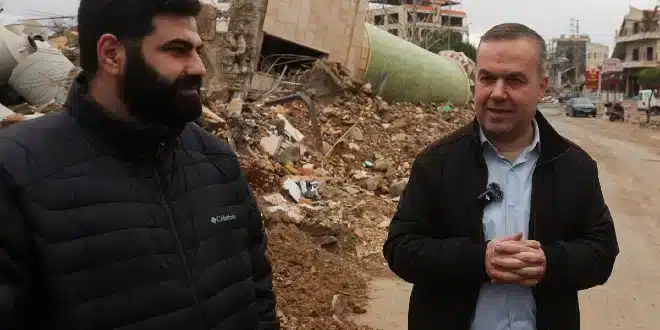Weeks after a U.S.-French brokered ceasefire was established, Israel continued to violate the agreement, prompting Hezbollah to accuse it of exploiting a 60-day withdrawal period. Hezbollah also criticized the Lebanese state’s efforts to halt these violations as ineffective.
According to the ceasefire terms, Israeli forces have 60 days to withdraw from Lebanon, while Hezbollah must relocate its heavy weaponry north of the Litani River.
Hezbollah MP Hassan Fadlallah commented on Monday that although there are efforts to stop Israel’s violations, they have not been successful.
Israel maintains that the ceasefire agreement permits it to use military force against perceived violations. Since the ceasefire began on November 27, Israeli strikes, primarily in southern Lebanon, have resulted in at least 29 deaths and 27 injuries. Despite this, the fragile truce seems to be holding.
Fadlallah mentioned that Hezbollah is coordinating with the Lebanese government, urging it to fulfill its responsibilities and protect Lebanon through its institutions, the Lebanese army, the UNIFIL, and the monitoring committee. The U.S.-led committee monitoring the ceasefire includes representatives from France, the U.N. peacekeeping mission in southern Lebanon (UNIFIL), Lebanon, and Israel.
Fadlallah emphasized that Hezbollah’s resistance is crucial for protection but acknowledged that the state now has an opportunity to demonstrate its capability to defend Lebanon without relying on Hezbollah. He challenged the state to prove itself.
On Monday, an Israeli raid on a valley near al-Najjariyeh, south of Sidon, injured three people. Since the ceasefire, Israel has conducted at least three airstrikes in the Sidon district, claiming to target Hezbollah rockets and movements.


